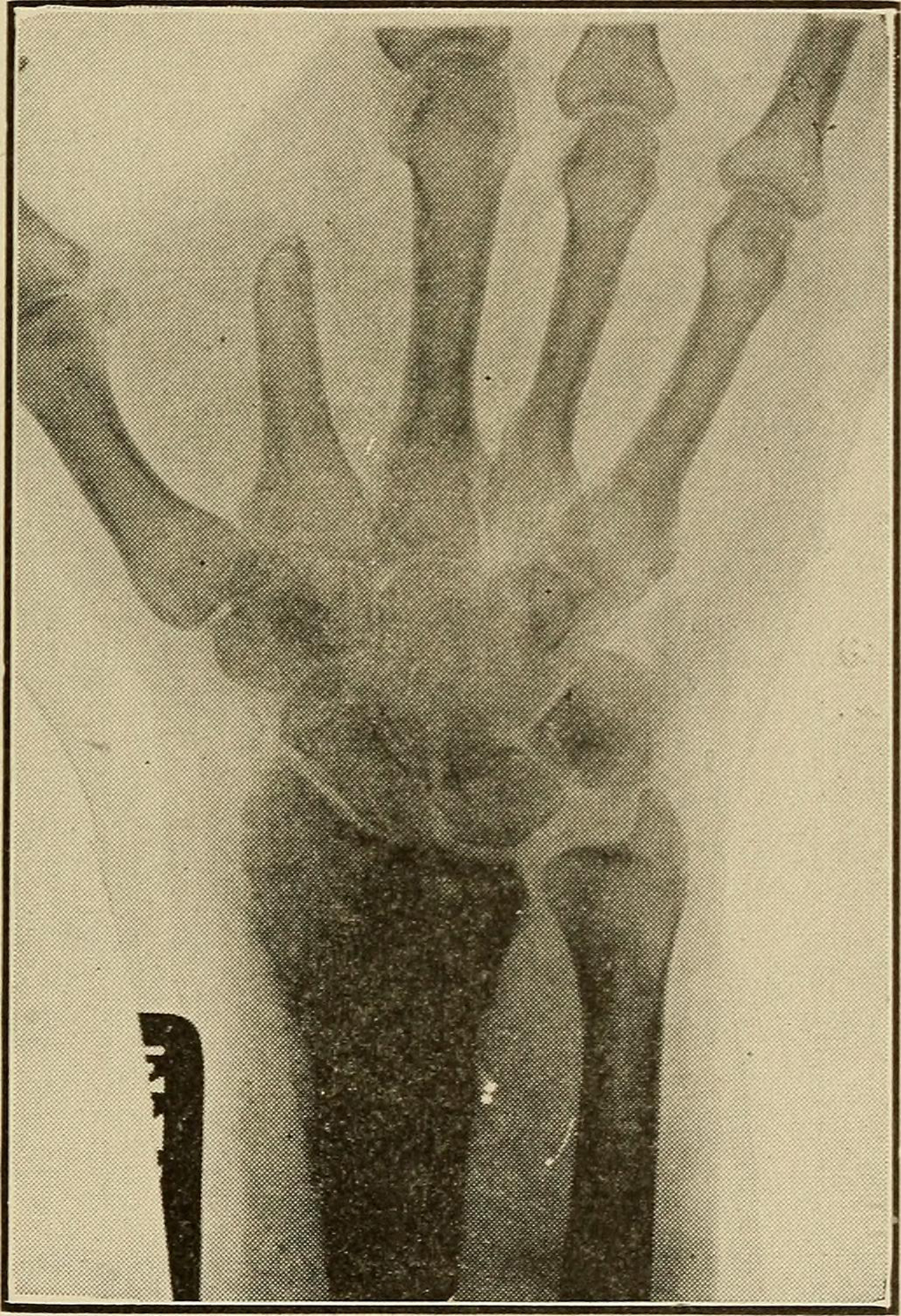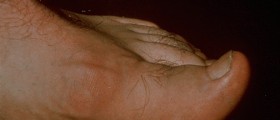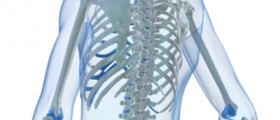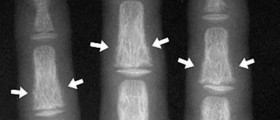
If you have recently had a routine yearly checkup that includes X-rays your doctor probably discussed with you about high level of calcium deposits that are forming in the joints. The thing is that too much calcium deposits in your joints can further lead to pain and discomfort.
What is Calcium?
Calcium is a mineral that is present in the body from our early childhood and has a number of benefits like strengthening our nails, providing healthy strong teeth and strong bones throughout the body. However, too much calcium in our bodies leads to what is called calcification of the joints. This is brought about by a buildup of calcium salts that are not being passed out of the body. Too much of it causes severe pain in the joints and lack of movement. If the level is very high it can lead to arthritis. Excess deposits can also be found in our arteries, gall bladder and sometimes as stones, in our glands, kidneys, eyes and skin.
Pain in our Joints
What causes pain are calcium salts that adhere themselves to our membranes or the moving parts of any joint. As the levels increase this can lead to inflammation of the joints that restrict movement and can become quiet painful. As the calcium builds up a process known as fusion occurs and all movements in the joints cease and cause lack of mobility. Once this level is present the pain tends to cease because there is no movement at all within that particular joint.
In medical terms, the exact cause of these calcium deposits is not known, however, studies have highlighted that there may be a number of factors that can contribute to this condition. For example any hormonal imbalances in the body could possibly be a contributing factor in addition to changes in the levels of vitamin D which helps absorbing calcium. The study has also noted that any dysfunction of the parathyroid and thyroid gland will lead to too much calcium in the body that cannot be absorbed. So, any changes in the body that affect absorption of calcium can lead to levels increasing. Diet may also contribute to this illness, such as a diet that lacks vitamin K or magnesium.
Excess Calcium Treatment
The exact treatment will vary according to the doctor’s recommendations and the current state of health of the patient. In extreme cases an operation can remove excess deposits but this does not prevent deposits occurring again in the future. It also should be mentioned that this condition worsens as the patient gets older, therefore people over the age of 80 can have mild to severe restriction of movements. Patients are advised to avoid smoking and ensure they are drinking plenty of water. The most important in prevention of calcium deposits in joints is following balanced and healthy diet and regular exercising.

















Your thoughts on this
Loading...